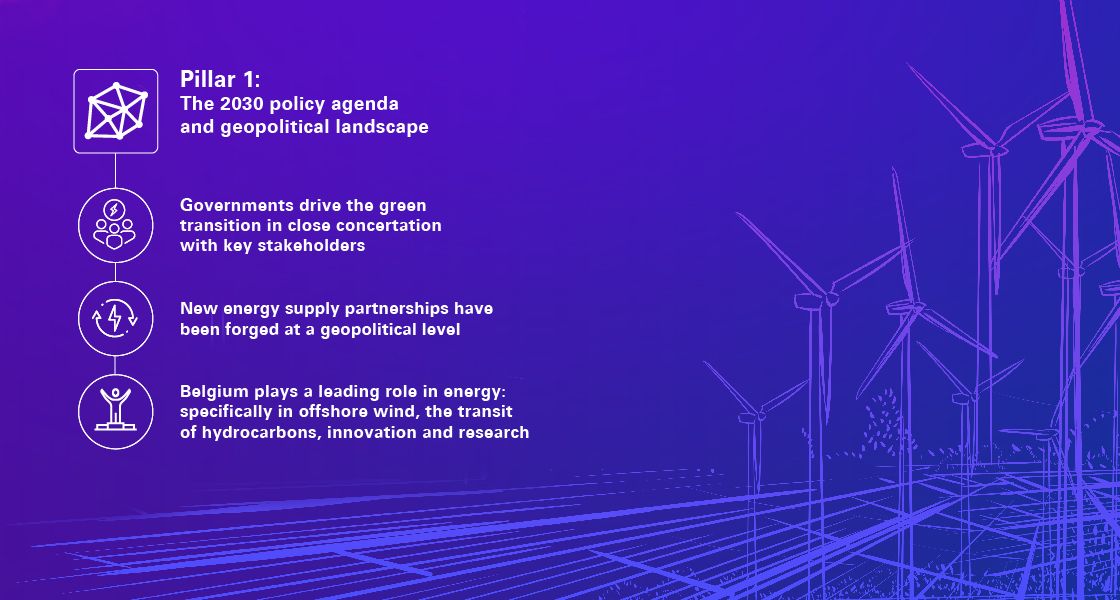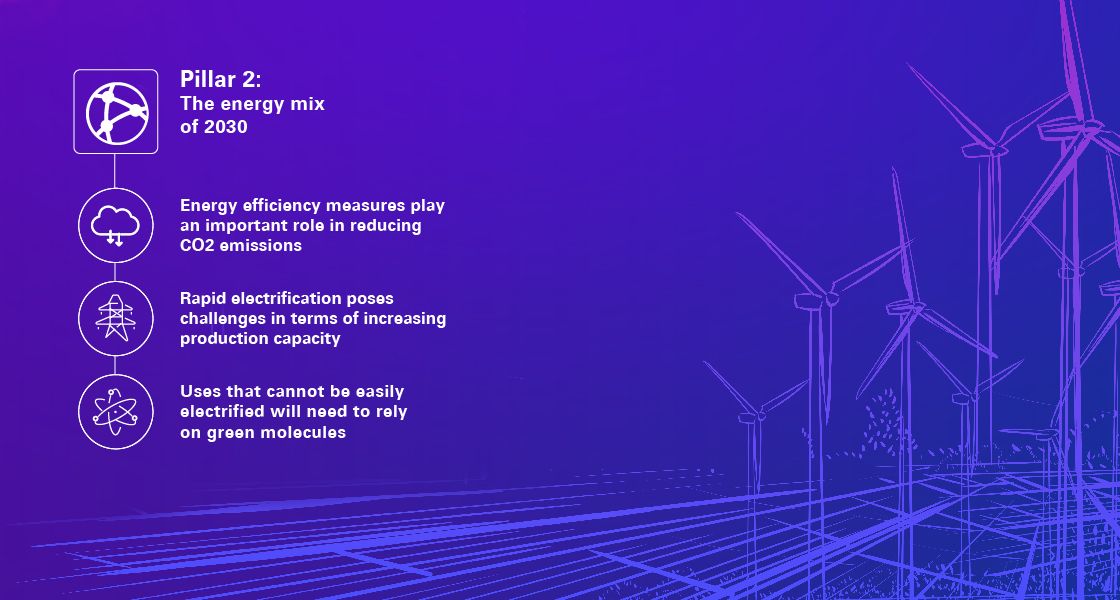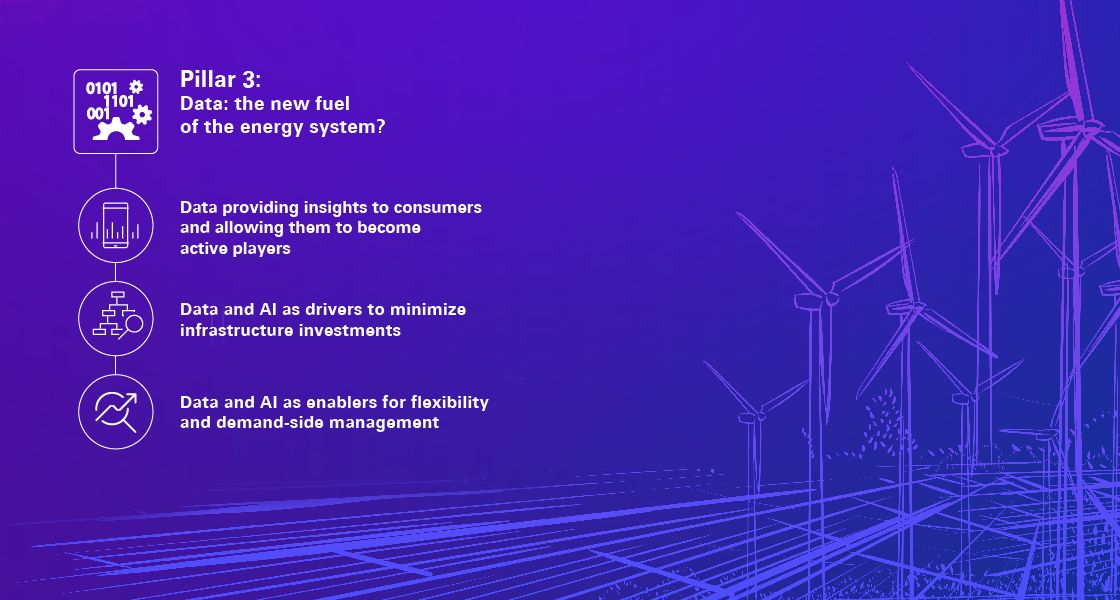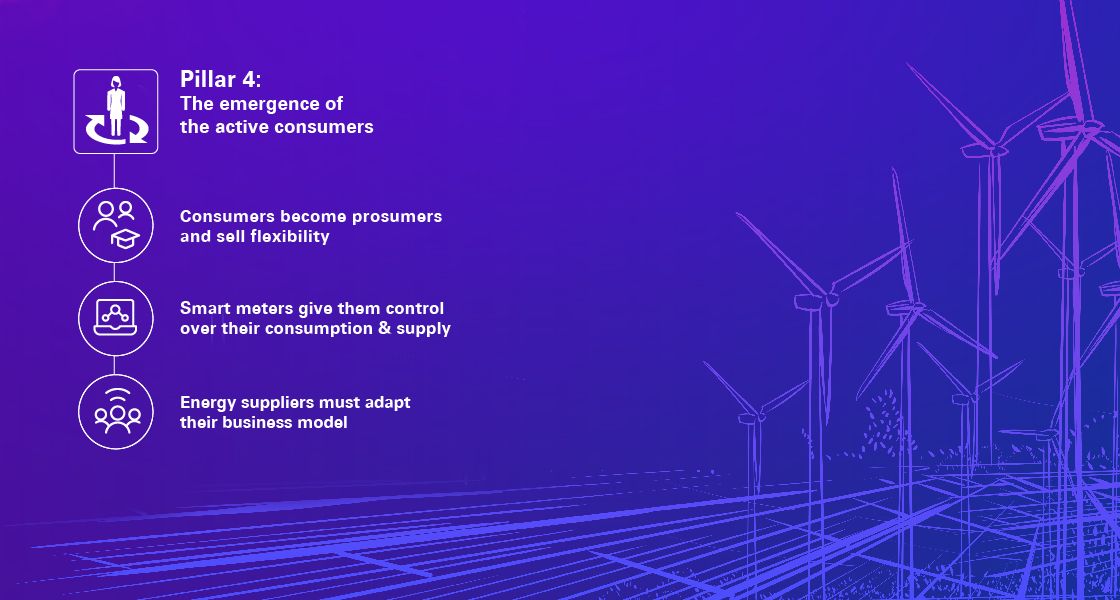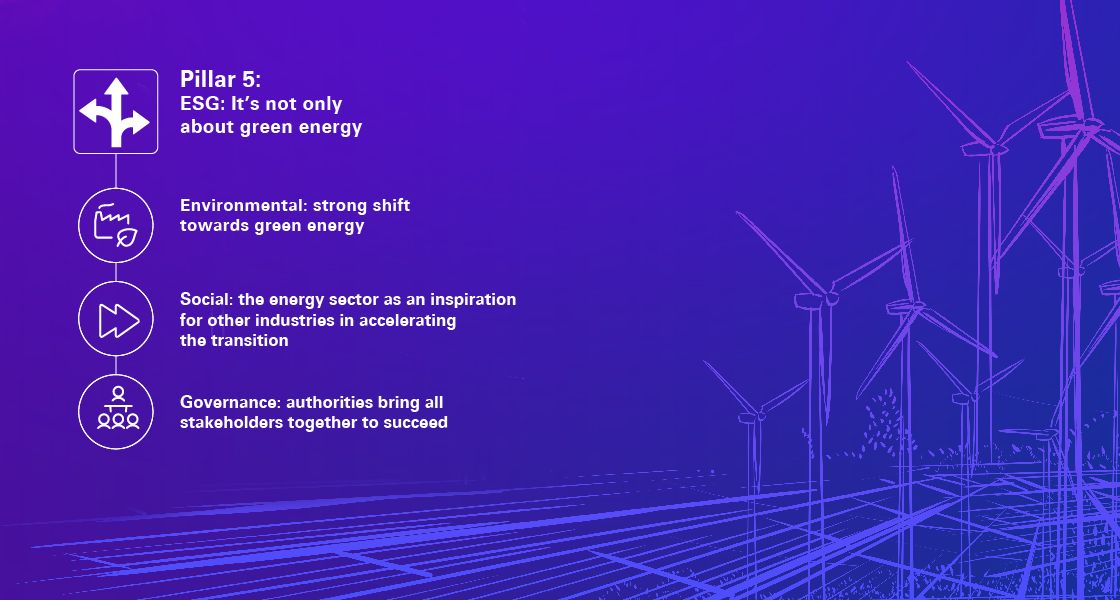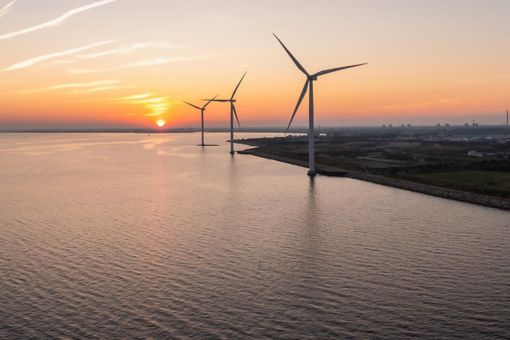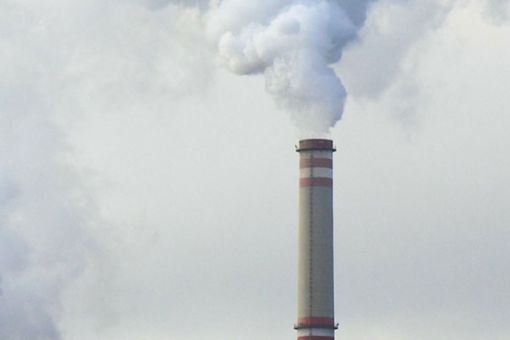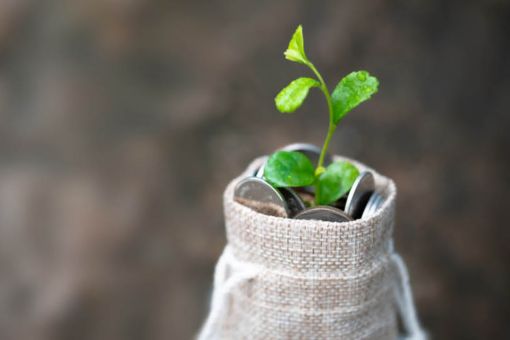Russia’s invasion of Ukraine on 24 February 2022 has had severe consequences for Europe. On top of an already tight gas market and low availability of French nuclear power plants, the invasion has resulted in energy scarcity which has caused energy prices to skyrocket, constituting a burden for both industry and households, dampening economic recovery from the downturn experienced in 2020.
This crisis has placed the topic of energy security back on top of the geopolitical agenda and has reminded us that energy is the cornerstone of economic development and human prosperity. Together with the urgent need to decarbonize our society and the ambition to move away from fossil fuels, the necessity to create a new energy future has never been more pressing.
Looking ahead, where will we be at the start of the new decade, in the year 2030?
...Why Voices on 2030: The future of Energy?
To explore what the energy landscape could look like in 2030, KPMG asked various leaders of key players in the energy sector to share their vision on the future. The Voices in this report explore the energy sector from every angle, ranging from producers, transporters, distributors, suppliers and beyond. Seen as a whole, the Voices create a valuable chorus of insight and expertise into the future of the energy sector. And while views may vary, it’s clear that cooperation between the different stakeholders is key to achieving our goals, both on a Belgian and European level.
These Voices capture a range of views on the different energy transition pathways between now and 2030. One point on which they all agree is that the sector will be fundamentally transformed: reshaped by changing stakeholder expectations, driven by technology, digitalization, regulation, evolving customer expectations and other disruptive forces.
Our goal with this report is not only to share the bold predictions of some of the key Voices in the sector, but to stimulate debate and encourage our readers to reflect on what they think the future holds. In today’s world, where energy security, affordability and Environmental, Social and Governance (ESG) has rightfully taken center stage in the minds of all stakeholders, the decisions we make today will undoubtedly shape our future.
We thank the Voices that shared their time and expertise to make this project a reality. KPMG in Belgium is also committed to playing a constructive part in the green transition towards 2030. This year we released our first KPMG Impact Report aimed at enhancing the transparency and accountability of our firm, including the capture of our own environmental footprint and sustainability initiatives. In addition, we are also investing in capabilities that will assist our clients in navigating the energy transition.
We hope the insights of our Voices will challenge your own thinking about the actions needed to get us to the energy world we want to have in 2030 and beyond. Whilst the exact pathway for energy to get us there is still not completely clear, we are confident that Belgium has strong cards to play and will take the necessary actions over the course of the next years to achieve a new and positive energy future.
Relive our "Voices on 2030: The Future of Energy" launch event
Voices on 2030
Together with various leaders of key players we explore the energy sector from every angle, ranging from producers, transporters, distributors, suppliers and beyond.
- We have diversified our energy policy without sacrificing openness to the world - Alexander De Croo
- Fossil fuel reduction goes hand in hand with electrification - Gregoire Dallemagne
- Powering the decade of electrification - Chris Peeters
- Energy is today's currency - Jean-Jacques Delmée
- We provide smarter and more tailored solutions to our customers - Thierry Saegeman
- A sea of competing islands - Raad Alkadiri
- Towards a green world, but with an open mind - Peter Claes
- Data have become the driver of the energy market - Frank Vanbrabant
- Looking back from 2023: Shaping the multi-molecule decarbonization grid - Pascal De Buck
- We moved from conceptual thinking to concrete actions - Fernand Griffnée
- From energy transition to energy revolution - Gil Simon
- Building on our strengths in nuclear power - Hamid Ait Abderrahim
- To heat homes in Brussels we need a mix between green electrons and molecules - why not hydrogen? - Inne Mertens
- A comprehensive energy vision and collaboration: the key to a greener future - Marco Alverà
- Belgium's economic development is intimately linked to energy transition - Marc Bensadoun
- We must also produce our own green hydrogen - Virya Energy
- The security of energy supply crisis that accelerated the energy transition - Leonardo Meeus
Predictions for 2030
Decisions and actions taken in the last decade have helped to create an industry that is decarbonizing for survival, more diversified, and thriving today in 2030.
A long-lasting global pandemic that accelerated digitalization and emphasized the importance of economic resilience, followed by the invasion of Ukraine, led to greater focus on energy sovereignty, diversification, and independence as energy prices skyrocketed amid concerns over security of supply. Simultaneously, sustainability, climate change, and decarbonization topped the global agenda, adding further pressures on the energy industry to transform and transition from fossil fuels to renewables, energy efficiency and wider electrification to support net-zero goals.
Critical to the transition was a changing relationship between consumers and energy companies. Active consumers are now more involved than ever in their energy consumption, looking for optimization and requiring more tailored solutions, transforming the business model of energy suppliers and enabling consumers to manage their consumption through near real-time, internet-based apps.
Another key lesson was the importance of governments collaborating with different stakeholders, including energy companies, to determine their long-term energy strategies. Energy matters proved to know no borders and the urgency of Europe working as a block on energy became apparent. Belgium had a prominent role, given its position at the heart of Europe and the European institutions.




